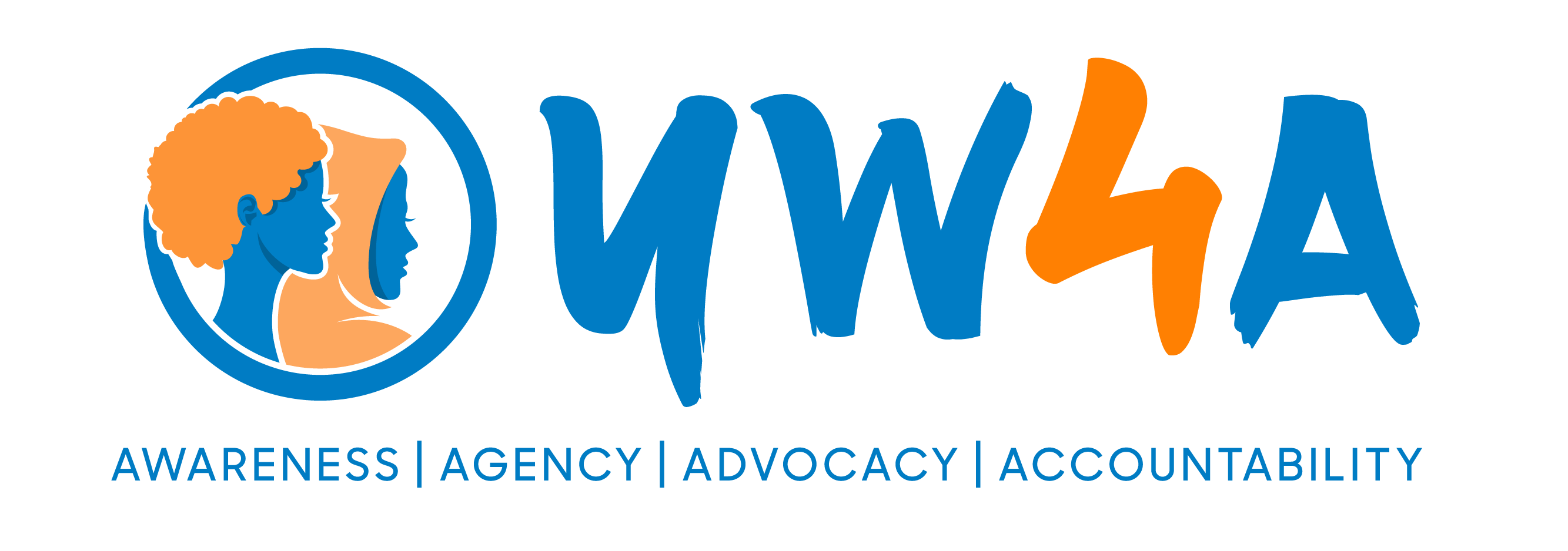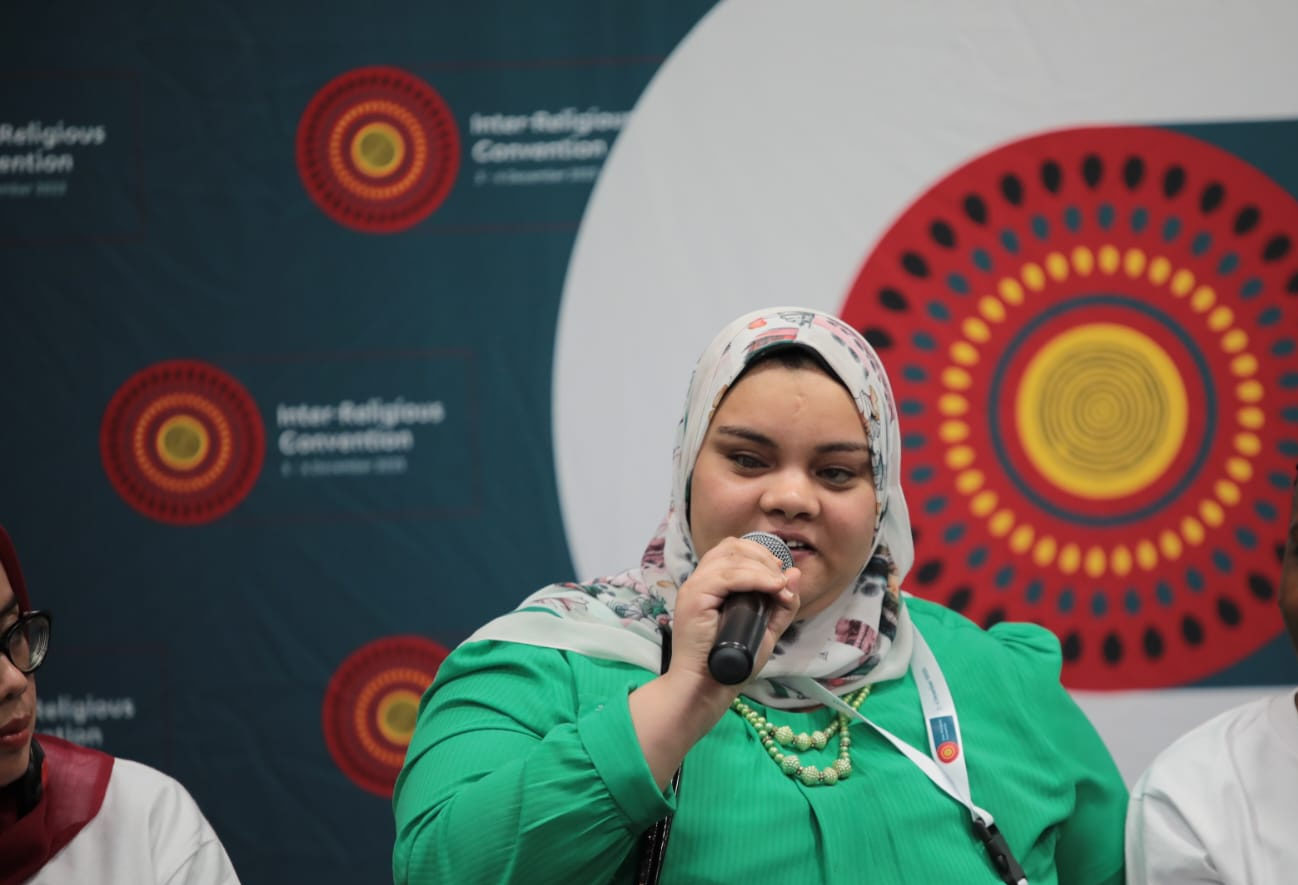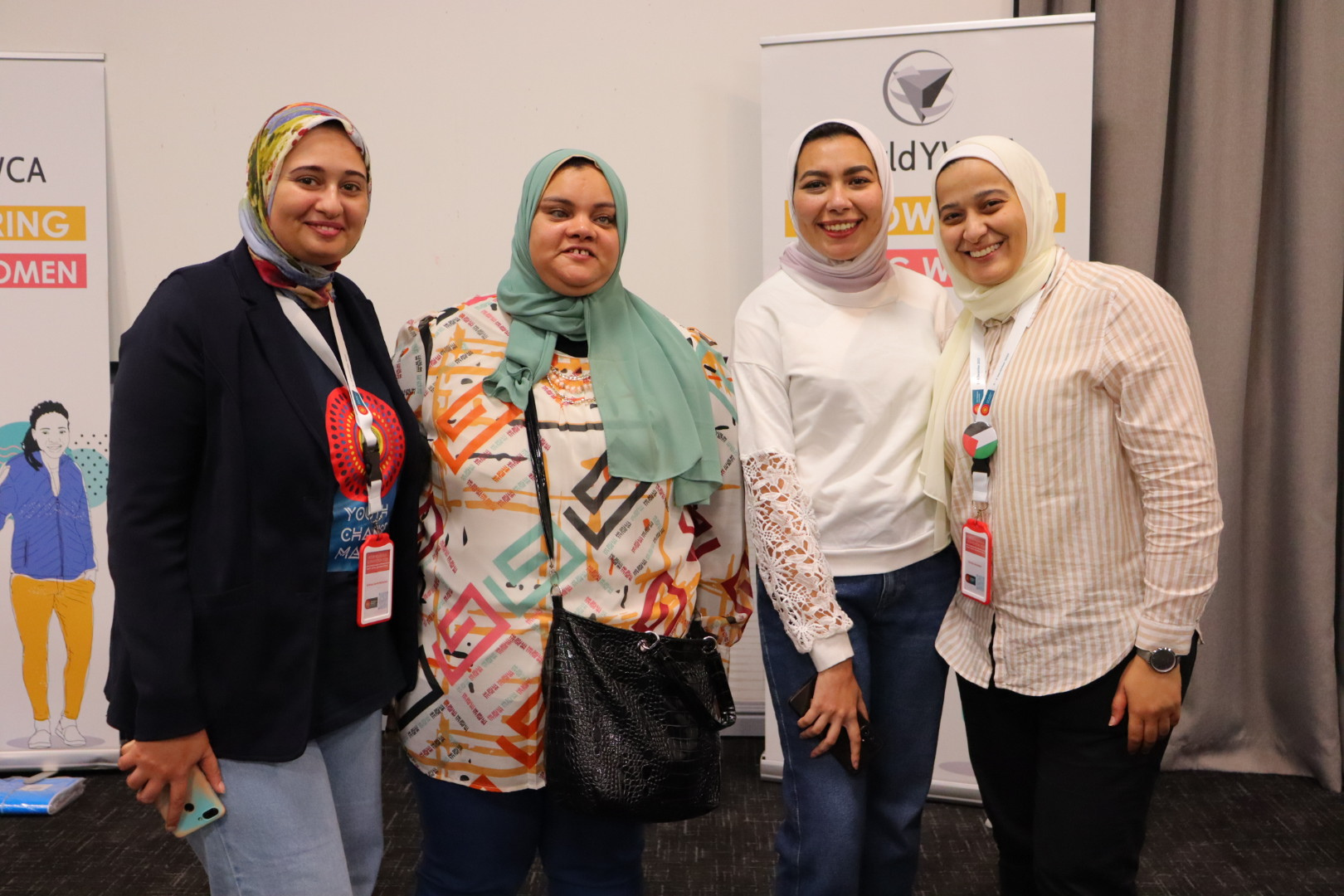
In South Sudan, a young woman’s life took a tragic turn when her husband subjected her to a brutal assault that has since left both physical and emotional scars.
On what seemed like an ordinary day, she was outside ironing clothes under a tree when her husband called her inside. After she replied with a polite “I’ll be right there,” he suddenly dragged her into their room and assaulted her, pressing the hot iron against sensitive parts of her body, causing severe burns. The assault continued as he forced a stick on her, causing internal injuries.
Realising the severity of the harm he had inflicted, he fled, leaving her in agony. Neighbours rushed her to the hospital for urgent medical care, but he has not returned to face the consequences of his actions. While her physical wounds are beginning to heal, the emotional trauma remains profound.
Rather than receiving support or empathy, this young woman now faces a second wave of pain—community stigma. She is often shunned, with people blaming her for the violence she endured, a response that only deepens her trauma. Her story reveals the layered harm caused by gender-based violence, affecting not only her body but also her spirit, and highlights the critical need for communities to respond with empathy and support rather than reinforcing a cycle of shame.
One a progressive note, South Sudan’s Islamic Council is making strides toward gender equality through initiatives led by Arafa Juma, Head of Gender, Child, and Social Welfare.

As a member of the highest governing body of the Council, Juma has witnessed significant progress through the advocacy efforts of Women’s Rights Champions—many of whom are men. These champions are dedicated to promoting women’s rights, implementing laws and policies that encourage women to take on leadership roles and become more visible in society. One inspiring development is the sight of young girls reciting the Quran and teaching Islamic principles, a shift that Juma never thought she would see in her lifetime.
In her role, Juma is committed to broadening these initiatives to reach more women, support their advancement into decision-making positions, and promote economic independence.
These two stories, side by side, underscore the urgent need for cultural and systemic change to support survivors of violence and reinforce the efforts of those advocating for gender justice in South Sudan.



